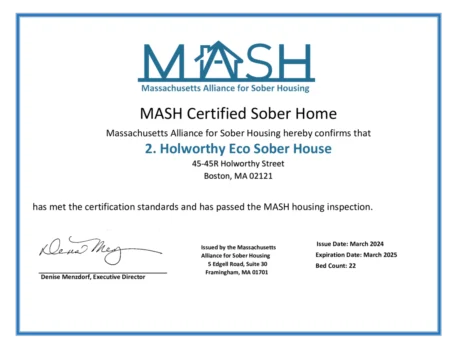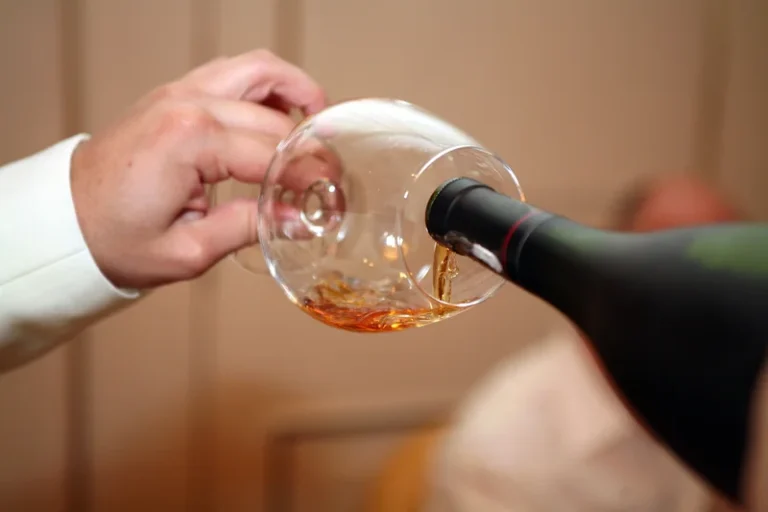Always Fresh Biker Discount News And Promotions

If you’re asking what is social drinking and wondering if your drinking habits have become an issue, it’s important to reach out for help. The earlier you address and tackle an addiction to alcohol, the better. Social drinking is a common occurrence in the U.S. and around the world. From ancient times to the colonial settlers to today, beer, wine, and spirits signify friendship and connecting with others in social settings. Moderate drinking can indeed give some people a sense of increased confidence and relaxation. These positive emotions may be the result of the way alcohol affects the body and brain, including its ability to lower inhibitions and increase feelings of pleasure and euphoria.

Many people, including children, drank cider at every meal; a family could easily go through a barrel a week. In short, Americans of the early 1800s were rarely in a state that could be described as sober, and a lot of the time, they were drinking to get drunk. In many cases, even moderate drinking (defined below) appears to increase risk. Despite this, less than half of the US public is aware of any alcohol-cancer connection. Changing the labels as suggested by the Surgeon General will require congressional action that may never happen. Alcohol consumption is normalised in society in Alcoholics Anonymous a lot of setting, whether it be a party, dinner or to unwind after work.

In many cultures, alcohol is a key part of celebrations, gatherings, and even professional networking. Because drinking is so normalized in these contexts, it can be hard to recognize when it becomes excessive. Today, alcohol continues to function as a popular form of socialization all over the world. From Oktoberfest in Germany to America’s thriving craft beer culture, social drinking is considered the norm.
A social drinker seeks alcohol as a way of socializing, relaxing, and enjoying rather than getting intoxicated or coping with stress. Moderate social drinkers don’t use alcohol to self-medicate mental health conditions, nor do they experience physical cravings for alcohol. However, problem social drinkers can experience these issues, especially if they consume alcohol excessively. Whether it’s enjoying a glass of wine at a dinner party, grabbing beers after work with colleagues, or celebrating special occasions with champagne, alcohol plays a significant role in many social gatherings. The World Health Organization estimates that 400 million people aged 15 years and older live with alcohol use disorders – many of which started as social drinking problems. Generally, it involves drinking in social environments and limiting alcohol intake to avoid negative consequences.
In a conversation this spring, I remarked that it seemed odd that he had just devoted several years of his life to a subject so far outside his wheelhouse. He replied what is social drinking that alcohol isn’t quite the departure from his specialty that it might seem; as he has recently come to see things, intoxication and religion are parallel puzzles, interesting for very similar reasons. This mutation occurred around the time that a major climate disruption transformed the landscape of eastern Africa, eventually leading to widespread extinction.

Before the pandemic, some aspects of this shift seemed sort of fun, as long as you didn’t think about them too hard. In the 20th century, you might have been able to buy wine at the supermarket, but you couldn’t drink it in the supermarket. Now some grocery stores have wine bars, beer on tap, signs inviting you to “shop ’n’ sip,” and carts with cup holders.

Some signs of a drinking problem include neglecting responsibilities, health problems, difficulties with quitting or cutting back, and social isolation. Social drinking becomes problematic when it goes beyond occasional indulgence and starts becoming frequent, excessive, or compulsive. If you find yourself relating to even a few of these statements, stop drinking, socially or otherwise, and seek the help of an addiction treatment specialist. If you find your dependence on alcohol is becoming too strong to control, it’s time to take a close, honest look at your behavior. When alcohol starts taking precedence over your work commitments and family obligations, it’s a red flag.
Leave Comment